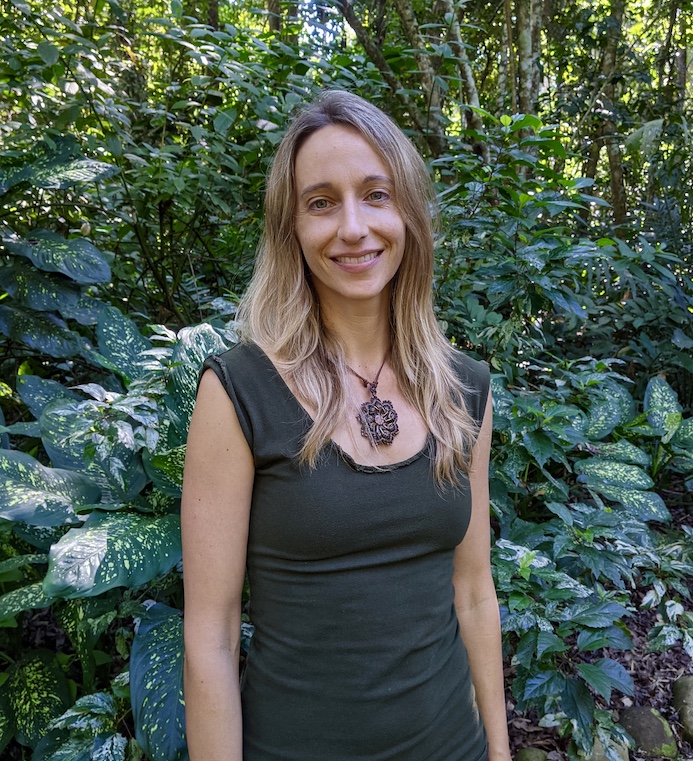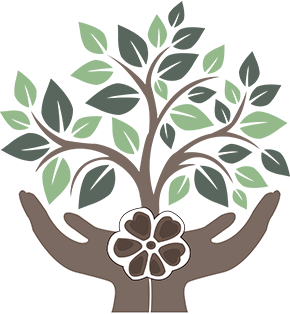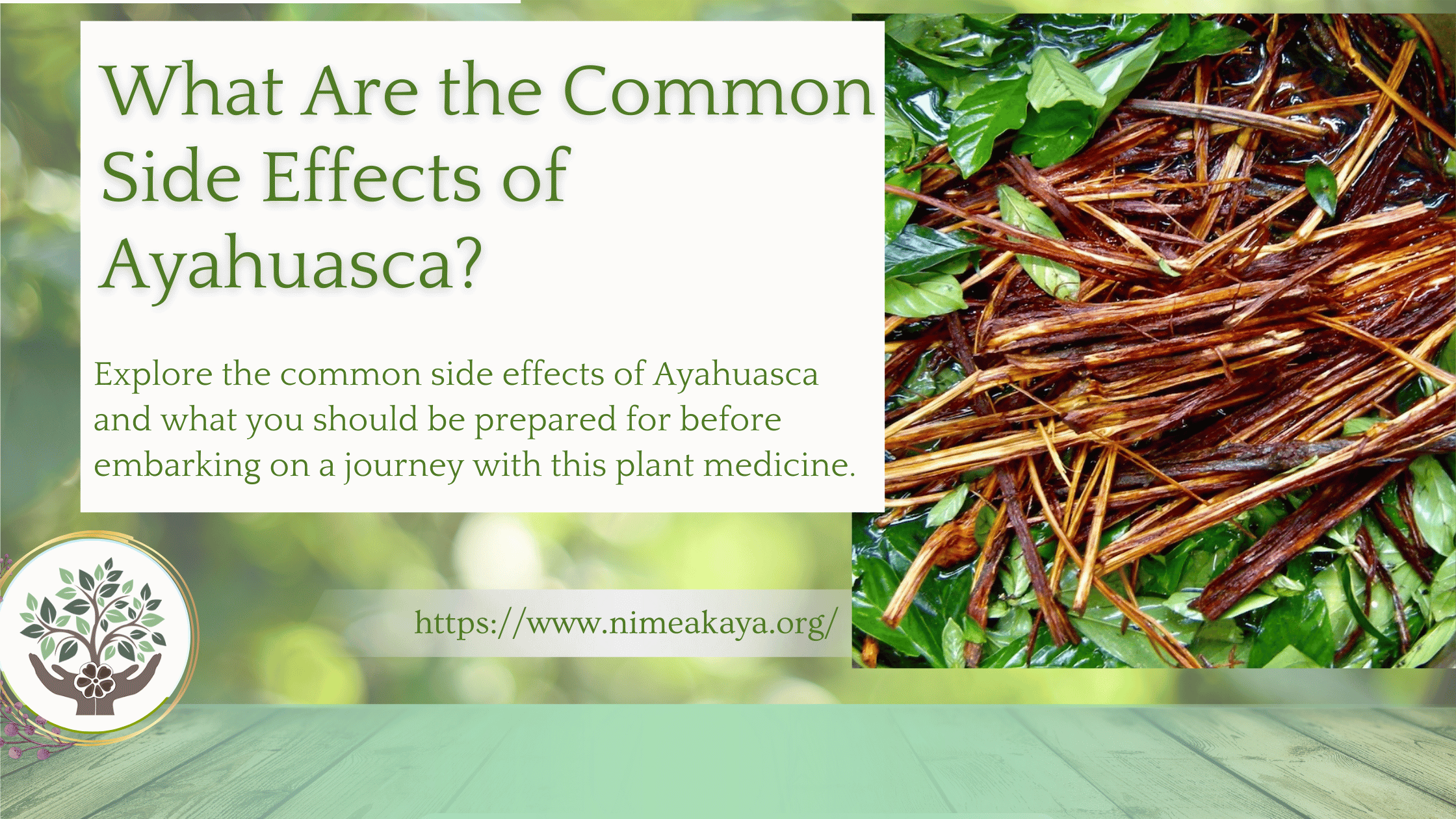What Are the Common Side Effects of Ayahuasca?
Ayahuasca, a sacred plant medicine used for centuries by indigenous Amazonian tribes, has gained global recognition for its profound spiritual and psychological effects. Made from the Banisteriopsis caapi vine and the Psychotria viridis leaf, this powerful brew induces intense visions, emotional revelations, and deep introspection.
However, while many seek Ayahuasca for healing and transformation, it’s crucial to understand the potential side effects of ayahuasca.
This blog explores the common side effects of Ayahuasca and what you should be prepared for before embarking on a journey with this plant medicine.
1. Physical Side Effects
Ayahuasca’s impact on the body can be intense. Here are the most common physical reactions:
Nausea and Vomiting
One of the most well-known effects of Ayahuasca is purging, which often includes vomiting. This is considered a cleansing process, helping to release negative energy, toxins, and emotional baggage. Though unpleasant, it is often seen as an essential part of the experience.
Diarrhea
Ayahuasca can also cause severe diarrhea, another form of purging. This happens as the body expels toxins and resets the digestive system. It’s advisable to fast or eat a light diet before a ceremony to minimize discomfort.
Dizziness and Weakness
As Ayahuasca alters brain chemistry, some individuals experience dizziness or a sense of physical weakness. This is usually temporary but can be overwhelming during the ceremony.
Sweating and Chills
Many participants report excessive sweating, shivering, or alternating hot and cold sensations. These temperature fluctuations are common as the body processes the medicine.
Increased Heart Rate and Blood Pressure
Ayahuasca can temporarily raise heart rate and blood pressure, which may be risky for individuals with cardiovascular conditions. It’s essential to consult a doctor before participating in a ceremony if you have any heart-related concerns.
2. Psychological and Emotional Effects
Ayahuasca’s influence extends beyond the body, deeply affecting the mind and emotions.
Intense Visual and Auditory Hallucinations
Ayahuasca is a potent psychedelic that induces vivid visions, geometric patterns, and sometimes interactions with spiritual beings. While many find these experiences enlightening, they can also be overwhelming or frightening.
Emotional Turmoil
Many participants undergo deep emotional processing, reliving past traumas, suppressed emotions, or unresolved conflicts. While this can lead to healing, it may also be distressing in the moment.
Fear and Paranoia
Some people experience paranoia, fear, or a sense of impending doom, especially if they resist the experience. Surrendering to the process and trusting the facilitators can help navigate these challenging moments.
Ego Dissolution
A common effect is a temporary loss of the ego or sense of self. While this can be transformative, it may also lead to confusion, fear, or difficulty integrating the experience afterward.
3. Long-Term Psychological Effects
Though Ayahuasca is often praised for its therapeutic benefits, it can also have lingering effects.
Post-Ceremony Anxiety or Depression
Some individuals experience mood swings, anxiety, or depressive episodes after an Ayahuasca ceremony. This can be due to unresolved emotions that surfaced during the experience.
Difficulty Integrating the Experience
Ayahuasca can offer profound insights, but integrating these lessons into daily life can be challenging. Without proper guidance, individuals may struggle with confusion, existential questions, or drastic lifestyle changes.
Flashbacks or Recurring Visions
Some people report spontaneous flashbacks to their Ayahuasca experiences, even weeks or months later. While this can be insightful, it may also be disorienting.
4. Potential Risks and Contraindications
Ayahuasca is not suitable for everyone. Certain medical conditions and medications can lead to dangerous interactions.
Risk of Serotonin Syndrome
Ayahuasca contains DMT and monoamine oxidase inhibitors (MAOIs), which can interact dangerously with antidepressants, SSRIs, and other medications that affect serotonin levels. Combining these substances can lead to serotonin syndrome, a potentially life-threatening condition.
Mental Health Disorders
Individuals with schizophrenia, bipolar disorder, or severe depression should approach Ayahuasca with caution, as it can exacerbate symptoms or trigger psychosis.
Pregnancy and Medical Conditions
Pregnant women and individuals with heart conditions, epilepsy, or high blood pressure should avoid Ayahuasca due to potential health risks.
Conclusion: Should You Take Ayahuasca?
While ayahuasca offers profound healing and transformative experiences, it’s essential to approach its use with a comprehensive understanding of both its benefits and potential side effects.
Engaging with reputable centers, such as the Nimea Kaya Retreat Center in Peru, can provide a supportive environment led by experienced Shipibo healers. These centers emphasize safety, integration, and holistic well-being, ensuring that participants are well-prepared and supported throughout their journey.
If you’re considering an ayahuasca experience, prioritize your safety and well-being by choosing established and respected retreat centers.
For more information on Nimea Kaya’s programs and their commitment to responsible ayahuasca ceremonies, visit their official website.
About the Author – Jill LEvers

Jill Levers has been passionately writing about Ayahuasca for nearly 20 years, sharing her insights and experiences to inspire and educate others about its profound healing potential. Ayahuasca has played a transformative and central role in her life and work. Her first encounter with sacred medicine in Peru in 2007 marked a profound turning point in her spiritual journey. During her second ceremony, Jill felt a deep calling from Ayahuasca to dedicate her life to helping others heal and transform.
This experience inspired her to co-found the Tierra Vida Healing Center in 2008, which later evolved into the Nimea Kaya Healing Center in 2013. For over 17 years, Jill has served as a bridge between the Western world and the traditional Shipibo culture, organizing Ayahuasca retreats, assisting guests with integration, and supporting individuals on their paths to personal growth and healing.

